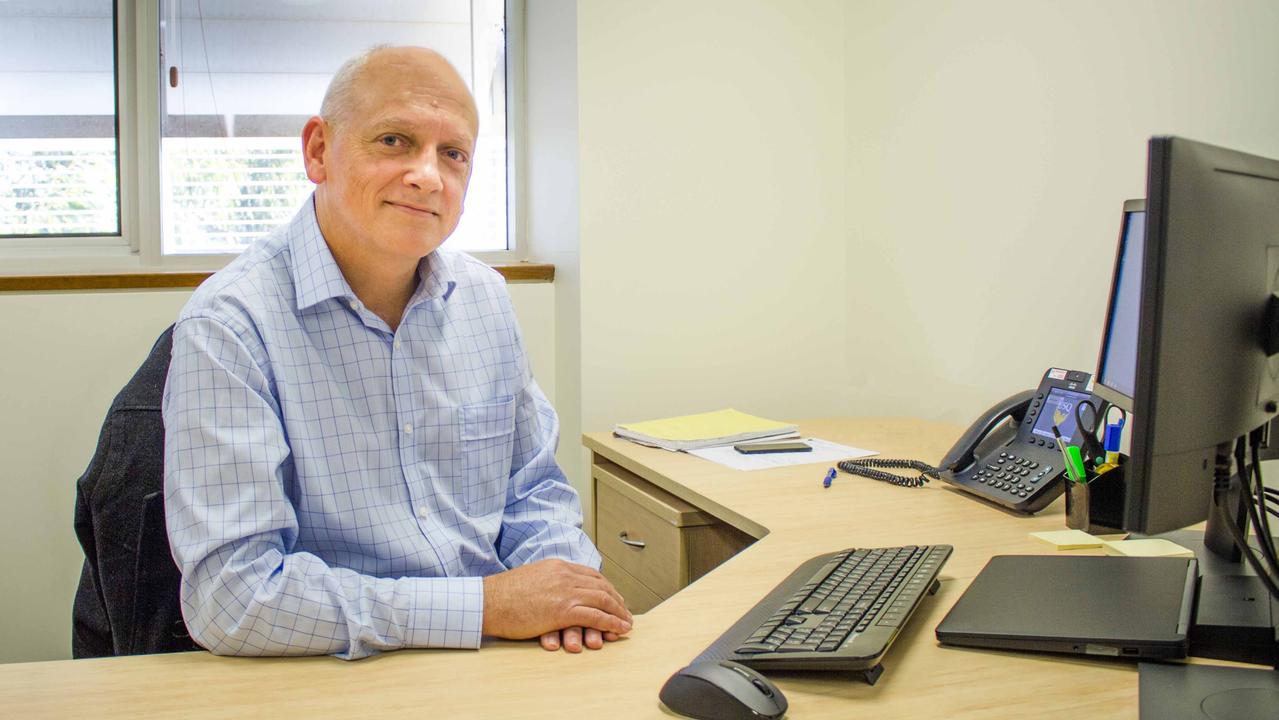Why interest in health courses has sky rocketed since pandemic hit Toowoomba
Money and job security are two reasons interest in health courses at USQ has increased since COVID-19 hit Toowoomba. A USQ academic has weighed in on why students are now rushing to study.

Education
Don't miss out on the headlines from Education. Followed categories will be added to My News.
Dr Glen Coleman has had years of experience in the health field, and in his role as Executive Dean for Health, Engineering and Science at the University of Southern Queensland he has seen a consistently high interest in health courses at the uni.
This year has been different.
For the 2021 learning year, interest in health-related uni courses has skyrocketed at the university, and Dr Coleman said the pandemic has a lot to do with that.
A USQ spokeswoman revealed the Bachelor of Paramedicine course has reached capacity, and applications for the program have since closed.
The largest increases in Queensland Tertiary Admissions Centre applications were in the fields of civil engineering and health.

Dr Coleman said this was consistent with what he has experienced in his work.
“We’ve experienced a strong growing interest in health programs for the last few years,” he said.
“There’s been a spike in interest in the last 12 months that may be associated with the pandemic.
“It could also be associated with the economic consequences of the pandemic.
“With the downturn of the economy people often look towards university education.
“With the pandemic on everybody’s mind, health careers are a pretty sure career pathway for people to do that.”
Dr Coleman said the versatility of roles in the healthcare field was a big drawing card, especially since the pandemic.
He said where the country was experiencing shortages in work and difficulties hiring long-term staff, those struggles were felt tenfold in regional and rural Australia.
“It is very clear from all the things we know about population trends and ageing in the population and the increasing number of people with chronic diseases, all of these things make it pretty obvious that the health workforce in Australia will need to continue to grow in the coming decades,” he said.
“Where that’s true for Australia, it’s even more true for regional and rural Australia, which have often struggled even in the best of times to attract sufficient long term workers into the health sector.

“There’s great career paths, it’s a great career for people who want to give back and have a caring disposition, or for people who are into science and technology because of course modern health is really about science and inquiry and applying technology.
“There’s a whole bunch of things going on there that can attract people into the programs with many different motivations.”








